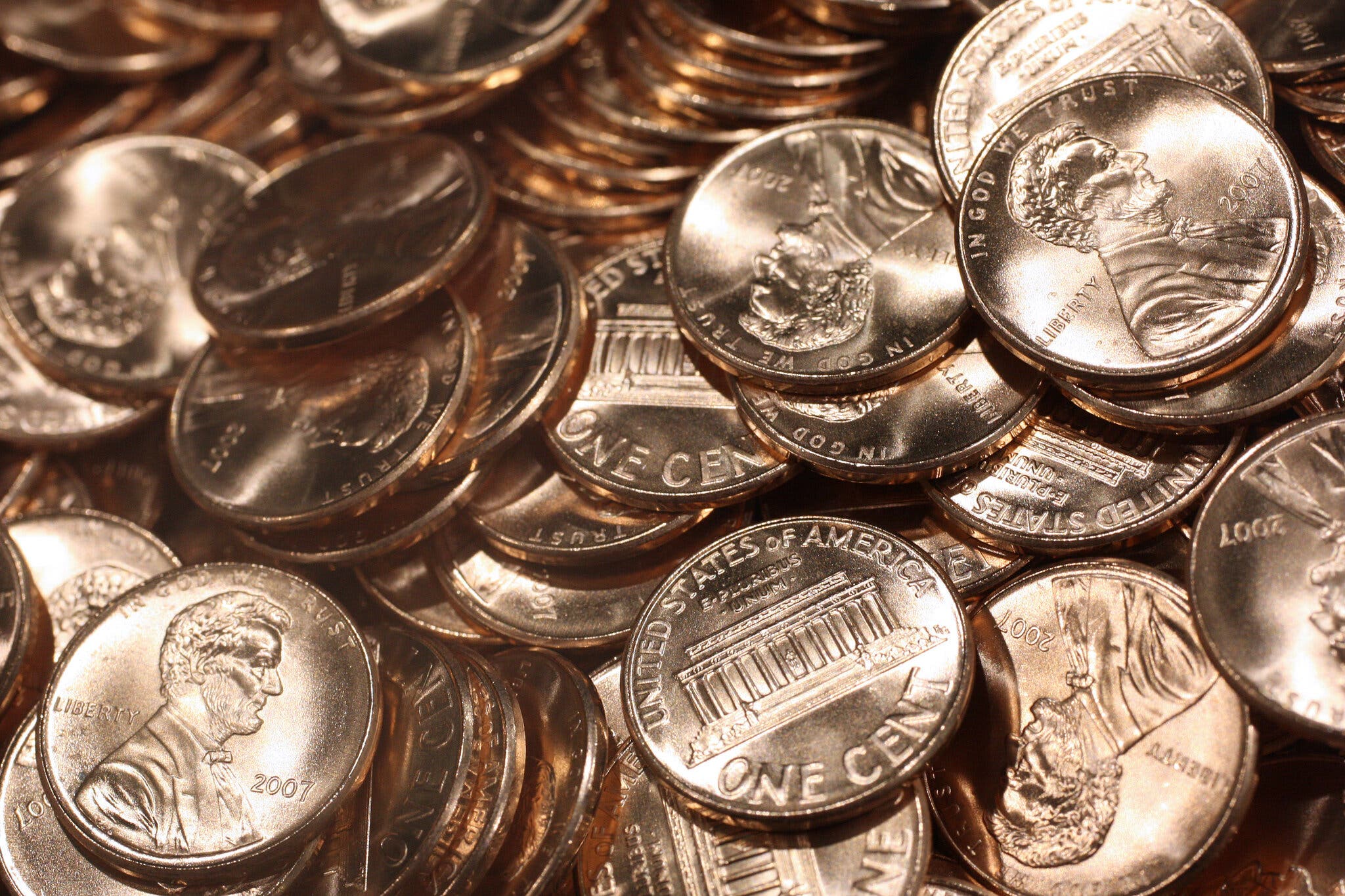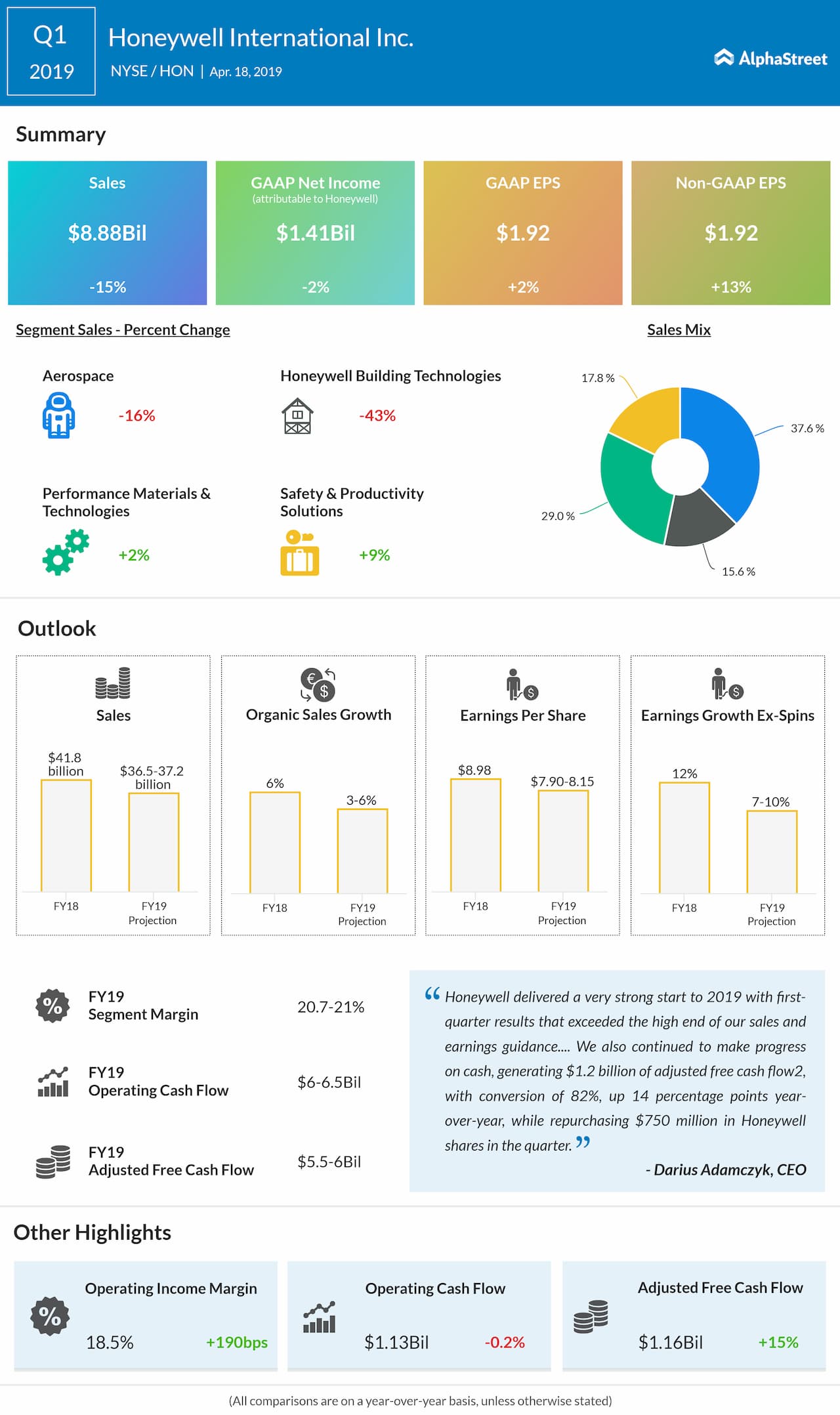US To Stop Minting Pennies: What This Means For The Economy

Table of Contents
The Cost of Keeping Pennies: A Case for Elimination
The argument for eliminating the penny rests on a simple, yet compelling, premise: its production cost far exceeds its value.
Production Costs Exceed Value
The US Mint's expenses in producing pennies far outweigh the one-cent value they represent. This is a financially unsustainable model in the long term.
- Materials: The cost of copper and zinc, the primary metals used in penny production, fluctuates, but consistently remains a significant expense.
- Labor: Minting, packaging, and transportation all require labor costs that add up considerably.
- Transportation: Distributing pennies across the country also contributes substantially to the overall cost.
A comparison reveals a stark reality: the cost to produce a single penny often surpasses its face value by a significant margin – sometimes exceeding 200% depending on fluctuating metal prices and production efficiency.
Environmental Impact of Penny Production
The environmental consequences of penny production are equally concerning.
- Copper Mining: Copper mining is a resource-intensive process, often leading to habitat destruction and water pollution.
- Zinc Refining: The refining of zinc, another key component of the penny, also contributes to environmental pollution.
- Transportation Emissions: The transportation of raw materials and finished pennies generates significant carbon emissions.
Alternatives, such as using cheaper or more sustainable materials, are discussed later in this article, but the environmental impact of current penny production is undeniable.
Inefficiency in Daily Transactions
Pennies add unnecessary complexity to daily transactions.
- Time Consumed: Counting and handling pennies slows down transactions for both consumers and businesses.
- Cash Register Issues: Pennies clog cash registers and can jam automated payment systems.
- Logistical Challenges: Businesses face the challenge of storing, securing, and transporting large quantities of pennies, adding to operational costs.
Potential Economic Consequences of Eliminating Pennies
While eliminating the penny offers potential benefits, it also presents potential economic consequences that warrant careful consideration.
Inflation Concerns
One of the primary concerns surrounding the elimination of the penny is the potential for inflation.
- Rounding Up: If prices are rounded up to the nearest nickel, this could lead to minor price increases for consumers on many purchases. This cumulative effect, while seemingly insignificant on a single item, could translate to a noticeable increase in overall spending.
- Counterarguments: However, economists argue that the impact of rounding up would be minimal, and far outweighed by the savings from eliminating production costs.
Impact on Businesses, Particularly Small Businesses
The elimination of the penny could pose challenges for businesses, especially small businesses that rely heavily on cash transactions.
- Cash Handling: Businesses would need to adjust their cash handling procedures and potentially invest in new equipment.
- Pricing Strategies: Businesses might need to reconsider their pricing strategies to accommodate the absence of pennies.
The Role of Digital Payments
The increasing popularity of digital payment methods is mitigating the reliance on physical currency, potentially reducing the impact of penny elimination.
- Digital Transactions: Credit cards, debit cards, and mobile payment apps are becoming increasingly prevalent, reducing the need for physical cash, including pennies.
- Niche Markets: While digital payments are increasing, some sectors, such as vending machines and certain small, cash-only businesses, may require adjustments.
Alternative Solutions and International Precedents
Several alternative solutions and international precedents offer valuable insights into managing the elimination of low-value coins.
Rounding Up/Down Practices
Many countries have successfully implemented rounding policies to eliminate low-value coins.
- Canada: Canada eliminated the penny in 2013, opting for a rounding system to the nearest five cents.
- Australia: Similar rounding practices have been successful in Australia and other nations, demonstrating the feasibility of this approach.
Exploring Alternative Materials
Minting pennies from cheaper or more sustainable materials could reduce production costs.
- Steel: Steel is a cheaper alternative to copper and zinc, but its susceptibility to rust needs consideration.
- Aluminum: Aluminum offers lighter weight and corrosion resistance, but its cost and environmental impact must be carefully analyzed.
Conclusion: The Future of the Penny and Its Impact on the US Economy
The debate surrounding the elimination of the penny involves weighing the financial and environmental costs of production against the potential for minor inflation and inconvenience to businesses. While concerns about inflation exist, the long-term economic benefits of halting penny production, including significant cost savings and reduced environmental impact, are substantial. The increasing prevalence of digital payments further mitigates the potential negative impacts.
What are your thoughts on the potential elimination of the penny? Share your predictions in the comments below!

Featured Posts
-
 Bt Profit Increase Following Johnson Mattheys Honeywell Deal
May 23, 2025
Bt Profit Increase Following Johnson Mattheys Honeywell Deal
May 23, 2025 -
 Airlifting Cows The Swiss Villages Unconventional Solution
May 23, 2025
Airlifting Cows The Swiss Villages Unconventional Solution
May 23, 2025 -
 Maguires Reaction Losing The Manchester United Captaincy
May 23, 2025
Maguires Reaction Losing The Manchester United Captaincy
May 23, 2025 -
 Broadways Best Celebrate Jonathan Groffs Just In Time Opening Night
May 23, 2025
Broadways Best Celebrate Jonathan Groffs Just In Time Opening Night
May 23, 2025 -
 Vybz Kartel Self Esteem Issues And Skin Bleaching
May 23, 2025
Vybz Kartel Self Esteem Issues And Skin Bleaching
May 23, 2025
Latest Posts
-
 Jonathan Groffs Just In Time Broadway Performance A Tony Awards Contender
May 23, 2025
Jonathan Groffs Just In Time Broadway Performance A Tony Awards Contender
May 23, 2025 -
 Jonathan Groffs Just In Time Opening Night Lea Michele Daniel Radcliffe And More Celebrate
May 23, 2025
Jonathan Groffs Just In Time Opening Night Lea Michele Daniel Radcliffe And More Celebrate
May 23, 2025 -
 Jonathan Groffs Just In Time A Night Of Broadway Stars And Support
May 23, 2025
Jonathan Groffs Just In Time A Night Of Broadway Stars And Support
May 23, 2025 -
 Jonathan Groffs Broadway Opening Lea Michele And Friends Show Support
May 23, 2025
Jonathan Groffs Broadway Opening Lea Michele And Friends Show Support
May 23, 2025 -
 Jonathan Groff Could Just In Time Lead To A Historic Tony Award
May 23, 2025
Jonathan Groff Could Just In Time Lead To A Historic Tony Award
May 23, 2025
